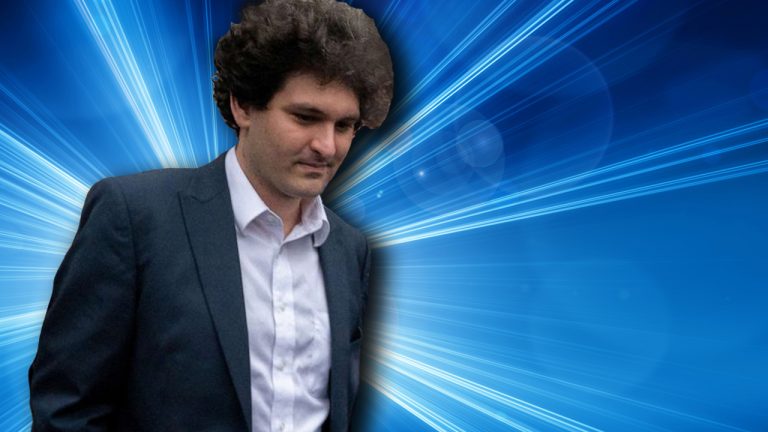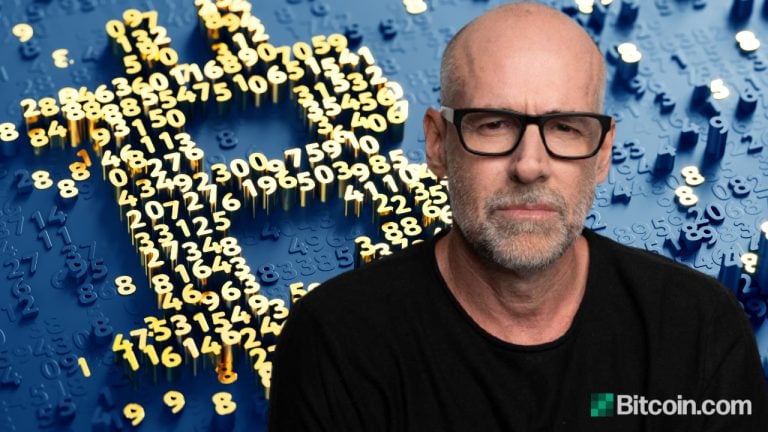
The scam often starts on a Facebook ad where those interested click the link and are met with a “Letter from the Professor” or “Letter from the Dean” on the company website.
Washington’s financial regulator has warned the public of an emerging crypto scam — where fraudsters pose as business “professors” to trick victims into depositing their hard-earned funds into a crypto scam or face “legal action.”
The “self-proclaimed professors” claim to be part of an “Academy,” “Business School,” or “Wealth Institute,” enticing victims with courses that can result in “exorbitant rates of return,” according to a July 16 statement by the Washington State Department of Financial Institutions (DFI).
Victims typically come across the investment opportunity on a Facebook ad where they click the link and are met with a “Letter from the Professor” or “Letter from the Dean” on the company website.





